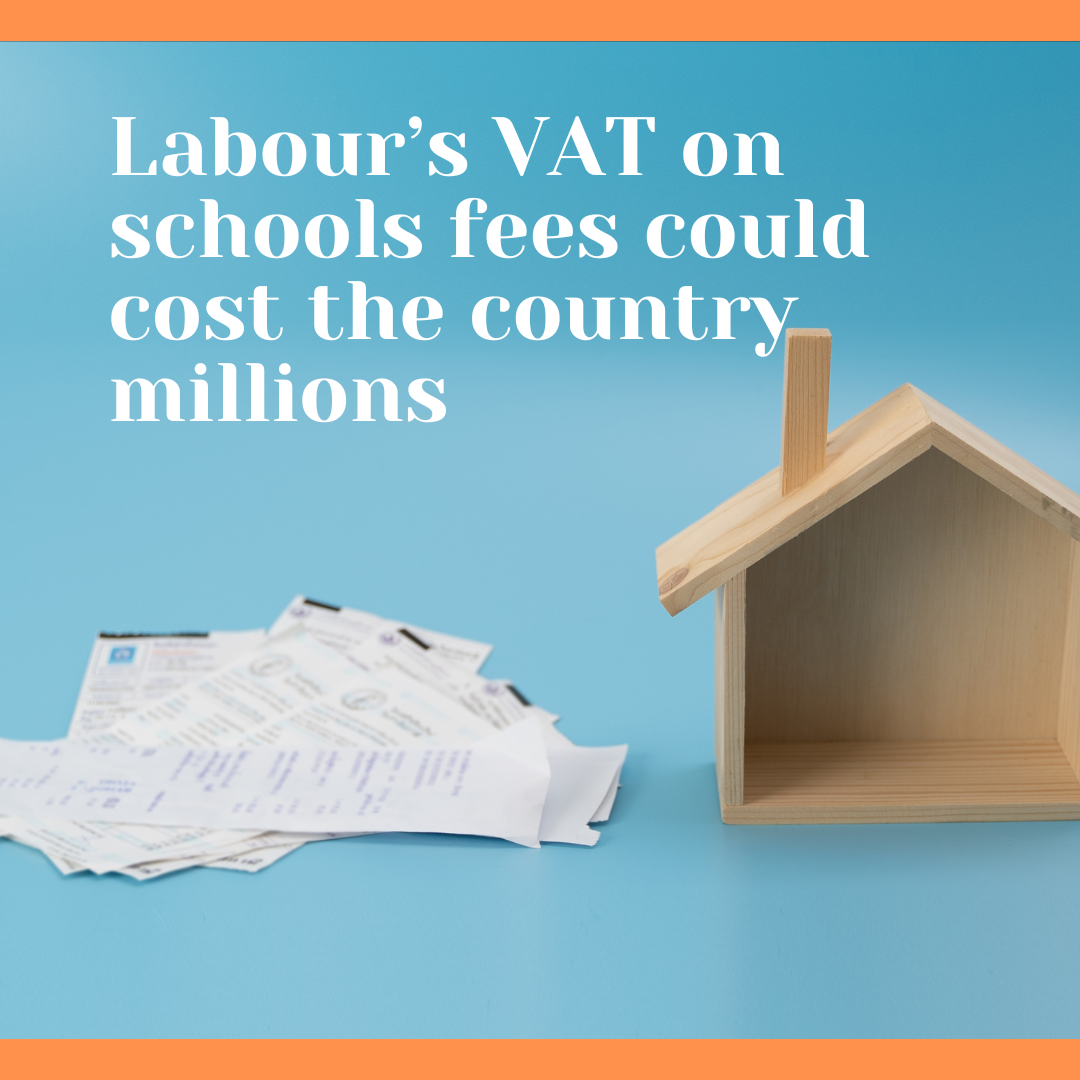Labour’s VAT on schools fees could cost the country millions, ISC claims
A report, commissioned by the Independent Schools Council, outlines what it sees as the serious financial consequences of Labour’s plans to charge VAT on independent schools fees.
Significantly, it claims that Labour’s VAT on fees policy would cost the Government at least £416million in its fifth year once pupil displacement and VAT recovery is taken into account.
Currently, education is largely exempt from VAT, being viewed as essential and for the public good. However, Labour has set out in its latest manifesto a number of changes including making school fees liable for VAT for the first time.
The ISC has argues that this would have a considerable impact on the independent schools’ sector, ranging, on a school-by-school basis, from “tough, to catastrophic”.
The Council, which represents over 1,300 schools in the UK independent education sector, claims the knock-on effect would cause additional strains for the state education sector because many parents would no longer be able to afford independent education.
It also warned that some independent schools would need to close entirely, and most schools would need to scale-back their educational offer, whether by merging classes, stopping certain subjects, limiting curriculum choices, dropping co-curricular activities or reducing the pastoral care they provide.
The ISC claims the extent of these changes could mean that the UK’s educational offer and its international attractiveness would be harmed.
In its report, the ISC also argues that:
- The VAT policy would cause significant upheaval and disruption to the lives and education of many tens of thousands of children, often at key stages of their lives
- The sheer number of pupils leaving the sector and needing to be educated by the state would also place great strains on the maintained sector, with the need to build new schools and classrooms and absorb many pupils quickly
- VAT-on-fees would force most schools to review the level of means-tested fee assistance they are able to provide through “transformational bursaries” to children from disadvantaged backgrounds.
ISC chief executive Julie Robinson said: “Labour’s proposal to charge VAT on independent school fees will have the greatest impact on the families who work the hardest to pay the fees. These parents are striving to do the best for their children and often sacrifice other spending to pay school fees – their right to make choices over education should not be undermined by a tax on aspiration.
“Ultimately, the policy would threaten the survival of the smallest independent schools, which operate on tight margins and without large endowments. Most independent schools have fewer than 400 pupils on roll, and these small schools, serving their local communities, would be at risk of closure.
“Everyone working in independent schools wants to see a well-funded state school system and for all children to get a great education. Research shows that Labour’s policy will reduce the amount of money available to improve state schools. In the fifth year of a policy, with independent schools closing and additional pupils moving into the state sector, the Department for Education will be losing more than £400 million per year from the schools budget.
“Instead of counter-productive tax rises on parents, independent schools want to support state schools by building upon partnership work with their friends and colleagues in the state sector. Thousands of these projects are underway, improving education for all, and strengthening bonds between schools. Partnership – not punitive taxes – is the best way for independent schools to contribute to catch-up efforts and create more learning opportunities for all pupils.”


